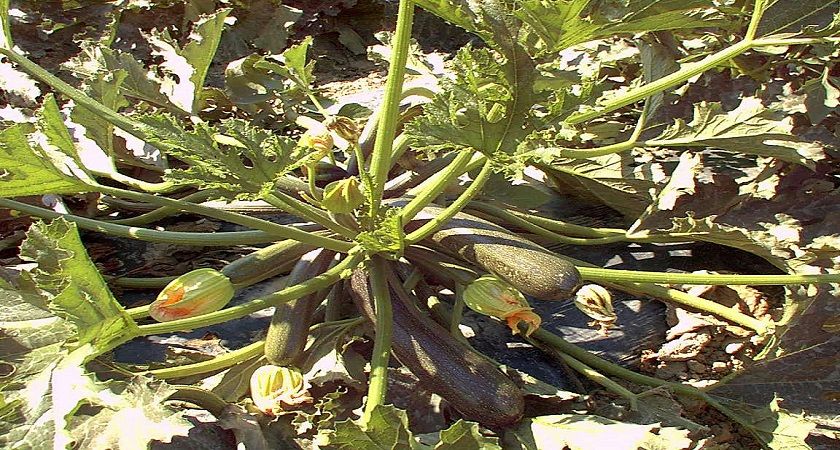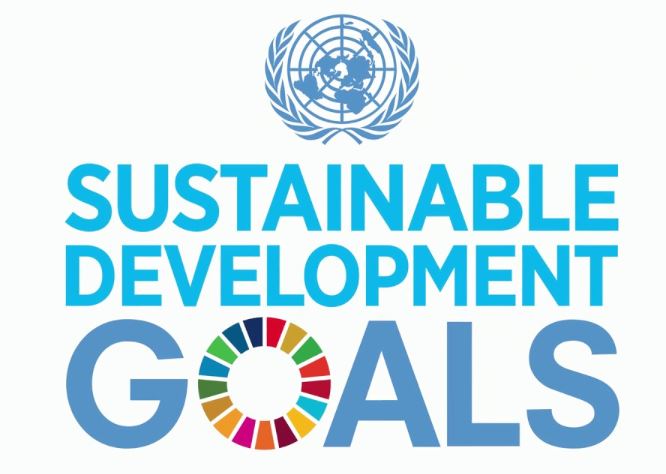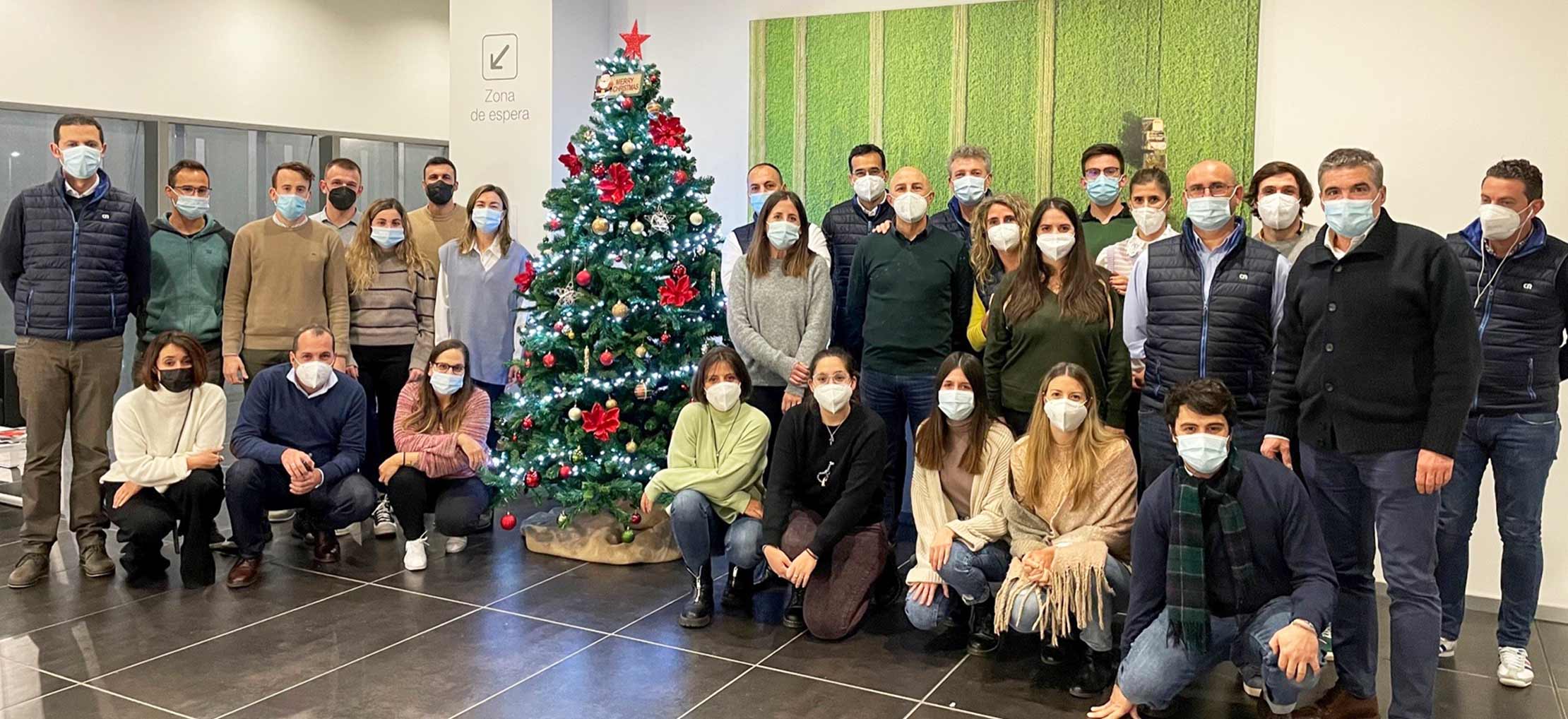Our Courgette Season is over, let us explain the various processes to you

Despite the fact that courgettes are always sown in the middle of May, this year the harvest has been brought forward. The high temperatures the summer months have brought with them have affected our crops, so half way through June we started harvesting, without being able to prolong any further the time taken to meet 100% of requirements. However, the quality received has been good in general.
When processing them, various stages are followed: first they are prepared by removing the stem and ensuring that there are no remains of the flower; then they are washed and are ready to be chopped into the desired formats: diced, sliced, sticks or pieces; and finally, the process is chosen: blanching, pre-frying or grilling/roasting depending on what they are to be used for, offering a wide range of culinary possibilities, from the most traditional ones, such as for cream soups or ratatouille with courgettes, to other more elaborate ones such as pies and pastry dishes.
Another important aspect in processing courgettes is the amount of sugar they contain; this becomes concentrated during frying and baking, and will contribute a multitude of aromas and tastes to our dishes. Sugar concentration can be limited by weather conditions prior to harvesting, therefore, it is very important to establish the optimal time for harvesting them, so that, once in the processing plant, we can get the best sensory qualities during the various production processes to which courgettes are subjected.
Likewise, during the process a check is made at each stage that the established requirements are met and throughout said process courgettes are subjected to rigorous microbiological and physical and chemical testing, which guarantee quality and food safety, two essential aims for us.
We at Congelados de Navarra sell this vegetable mainly to European countries, the grilled/roasted courgette being one of the preferences of the food industry, where more than 70% of its production is sent.
Ángel Castillejo, Head of Agricultural Science Department
Rosi Martínez, Head of Quality



